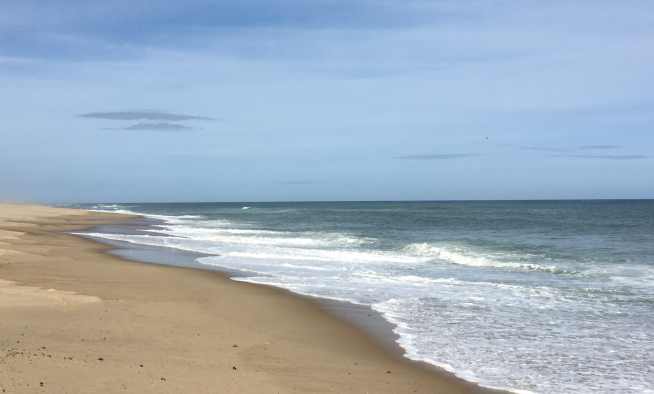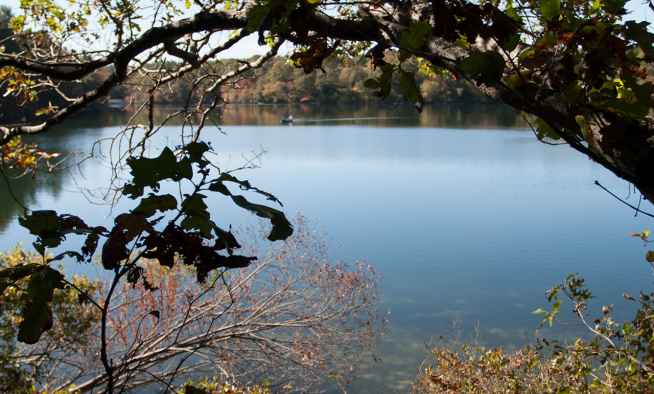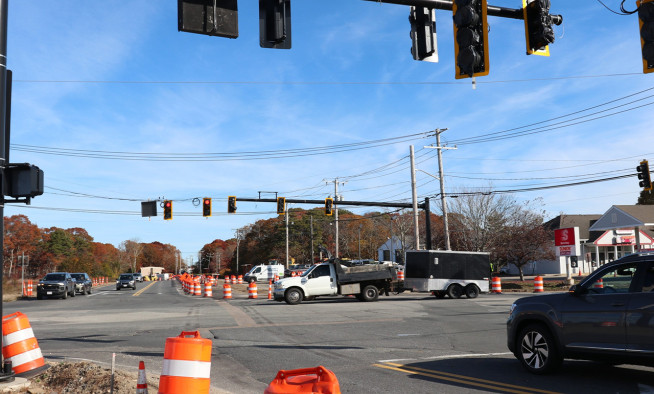Enhanced regional pond monitoring program underway
We know that 890 ponds of different sizes and shapes dot the Cape Cod landscape. As we continue to combat challenges facing our ponds, more data is needed to fully understand how ponds are responding to changing conditions throughout the summer and from year to year.
An effort to collect comprehensive data on our region's ponds is underway. The Cape Cod Regional Pond Monitoring Program, developed and implemented in collaboration with the Association to Preserve Cape Cod, will collect data from 50 representative Cape Cod ponds every month, seven months per year, for three years, with the hopes of identifying funding to sustain the program into the future.
Julie Hambrook-Berkman, APCC Project Director for pond and cyanobacteria monitoring programs, provided an update during the Cape Cod Ponds Network's June 5, 2023 meeting.
Selecting 50 ponds to monitor out of a field of 890 is daunting. Using the Cape Cod Commission's Ponds Viewer as a starting point, the project team analyzed pond characteristics, including size, depth, land cover and surrounding development, and the status of water quality, among others. A group of advisors assisted the team in identifying criteria important to selecting a representative group of ponds.
The final selection contains 50 ponds spatially distributed across all 15 Cape Cod towns. Of the 50 ponds, thirty-eight have delineated watersheds, thirty-two have associated biological data, 13 are home to herring runs, 6 have undergone rehabilitation projects, and 11 have surface water connections.
Staff and volunteers will conduct pond sampling monthly from April to October for three years, collecting data including dissolved oxygen, temperature, alkalinity, dissolved nutrients, and more. After collection, the team will send samples to the Center for Coastal Studies in Provincetown for processing. All data will be collected using a standardized methodology that follows state and federal quality control standards.
This new monitoring program is designed to complement existing monitoring efforts and provide baseline data regarding how different types of ponds respond to changing conditions. The data will help Cape Cod communities better protect and manage ponds by providing information to characterize pond conditions and understand the effects of watershed development and other stressors on water quality.
Related Posts




